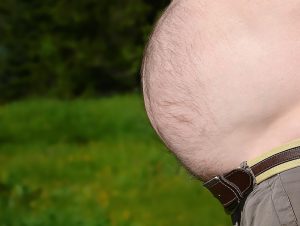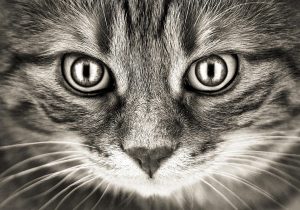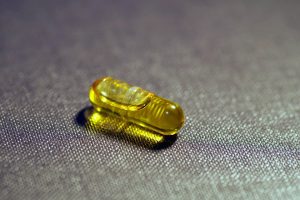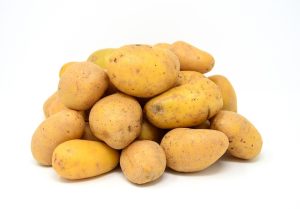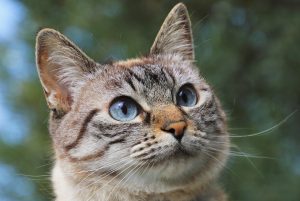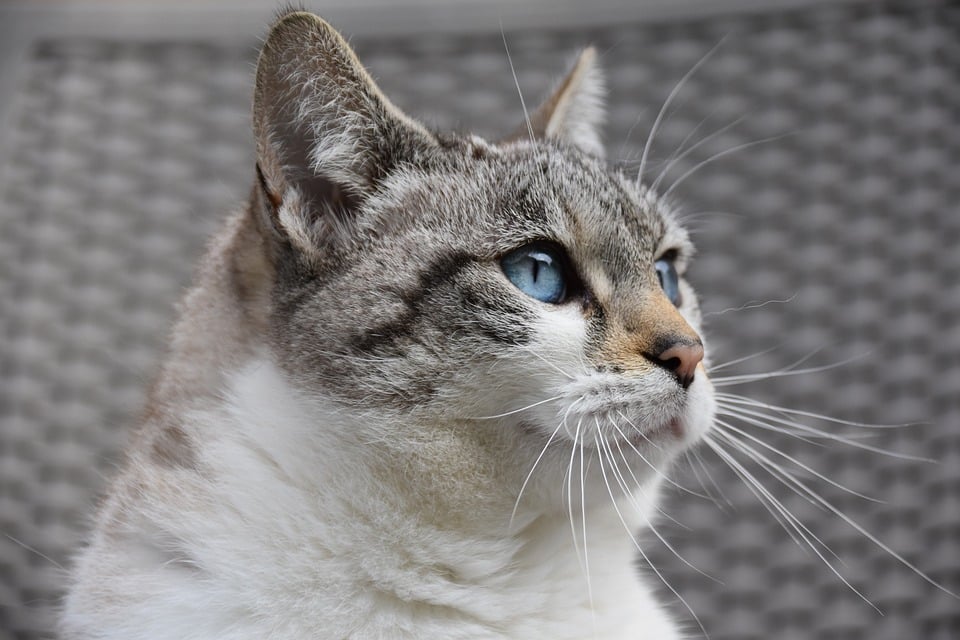
The Importance of Protein in Your Cat’s Diet
When it comes to feline nutrition, understanding the role of protein in your cat’s diet is crucial. Cats are obligate carnivores, which means they require a diet rich in animal-based proteins to thrive. Whether you’re a new or experienced cat owner, ensuring that your furry friend receives adequate protein is essential for their health and well-being. In this article, we’ll explore why protein is so important, how much protein your cat needs, and practical tips for incorporating quality protein into their diet.
Understanding the Role of Protein in Your Cat’s Diet
Proteins are the building blocks of life, comprised of amino acids that are essential for various bodily functions. For cats, protein is particularly important for several reasons:
- Growth and Development: Protein is vital for the growth and development of kittens. It supports the building of muscles, tissues, and organs, allowing young cats to develop properly.
- Maintenance and Repair: In adult cats, protein aids in the maintenance and repair of body tissues. It helps regenerate cells, heal wounds, and maintain healthy skin and coat.
- Energy Source: Unlike humans and dogs, cats primarily derive energy from proteins rather than carbohydrates. This makes protein an essential energy source for their active lifestyles.
- Immune Function: Proteins play a crucial role in supporting the immune system. They help produce antibodies that fight off infections and diseases.
How Much Protein Does Your Cat Need?
The protein requirement for cats varies depending on their age, activity level, and overall health. In general, kittens require a higher protein intake compared to adult cats due to their rapid growth. Here’s a basic guideline for protein requirements:
- Kittens: Kittens need approximately 30-40% protein in their diet to support their growth and development.
- Adult Cats: Adult cats typically require around 25-30% protein in their diet to maintain their health and energy levels.
- Senior Cats: Older cats may need slightly less protein, around 25%, but it’s essential to ensure they still receive adequate protein to maintain muscle mass and overall health.
It’s important to note that individual cats may have specific dietary needs based on their health condition or lifestyle. Consulting with a veterinarian can help determine the ideal protein intake for your cat.
Choosing High-Quality Protein Sources
When selecting cat food, the quality of protein sources is as important as the quantity. Here are some tips for choosing high-quality protein sources for your cat’s diet:
- Look for Named Animal Proteins: Choose cat foods that list specific animal proteins, such as chicken, turkey, or fish, as the primary ingredients. Avoid vague terms like “meat” or “animal by-products.”
- Check for Complete Proteins: Complete proteins contain all essential amino acids that cats need. Animal-based proteins are typically complete, while plant-based proteins are not.
- Avoid Fillers: Be cautious of cat foods with excessive fillers like corn, wheat, or soy. These ingredients offer little nutritional value and can dilute the protein content.
- Consider Wet Food Options: Many wet cat foods have higher protein content than dry foods. Additionally, they provide essential moisture, which is beneficial for your cat’s hydration.
Balancing Protein with Other Nutrients
While protein is a critical component of your cat’s diet, it’s essential to maintain a balanced diet that includes other nutrients:
- Fats: Healthy fats provide energy and support skin and coat health. Look for cat foods with balanced levels of omega-3 and omega-6 fatty acids.
- Vitamins and Minerals: Cats require a range of vitamins and minerals, including taurine, vitamin A, and calcium, to support various bodily functions.
- Water: Adequate hydration is vital for your cat’s overall health. Ensure they have access to fresh water at all times, and consider incorporating wet food into their diet for additional moisture.
A balanced diet that includes high-quality protein and other essential nutrients will help your cat maintain optimal health and vitality.
Signs of Protein Deficiency in Cats
It’s important to recognize the signs of protein deficiency in cats, as inadequate protein intake can lead to various health issues:
- Weight Loss: If your cat is losing weight despite a healthy appetite, it may indicate insufficient protein in their diet.
- Lethargy: Cats that lack energy or seem lethargic may not be receiving enough protein to fuel their activities.
- Poor Coat Condition: A dull, brittle, or thinning coat can be a sign of protein deficiency.
- Muscle Wasting: Noticeable muscle loss, particularly in older cats, can indicate a lack of adequate protein.
If you suspect your cat may be protein deficient, consult with a veterinarian for a thorough evaluation and dietary recommendations.
Practical Tips for Incorporating Protein into Your Cat’s Diet
Here are some practical tips for ensuring your cat gets the right amount of protein in their diet:
- Read Labels Carefully: Pay attention to ingredient lists and nutritional information on cat food packaging. Look for foods with high protein content and minimal fillers.
- Rotate Proteins: Offering a variety of protein sources, such as chicken, turkey, and fish, can help prevent food sensitivities and keep your cat interested in their meals.
- Introduce Fresh Meats: Consider adding small amounts of cooked or raw meat to your cat’s diet as a supplement. Ensure any meat is free from seasonings and cooked thoroughly to avoid foodborne illnesses.
- Consult a Veterinarian: If you’re unsure about your cat’s dietary needs, consult with a veterinarian. They can provide personalized recommendations based on your cat’s age, health, and lifestyle.
Conclusion
Understanding the importance of protein in your cat’s diet is essential for ensuring their health and well-being. By providing high-quality protein sources and maintaining a balanced diet, you can support your cat’s growth, energy levels, and overall vitality. Whether you’re a new or experienced cat owner, prioritizing protein in your cat’s diet will contribute to a long, healthy, and happy life for your feline companion.
#ChatGPT assisted in the creation of this article.



